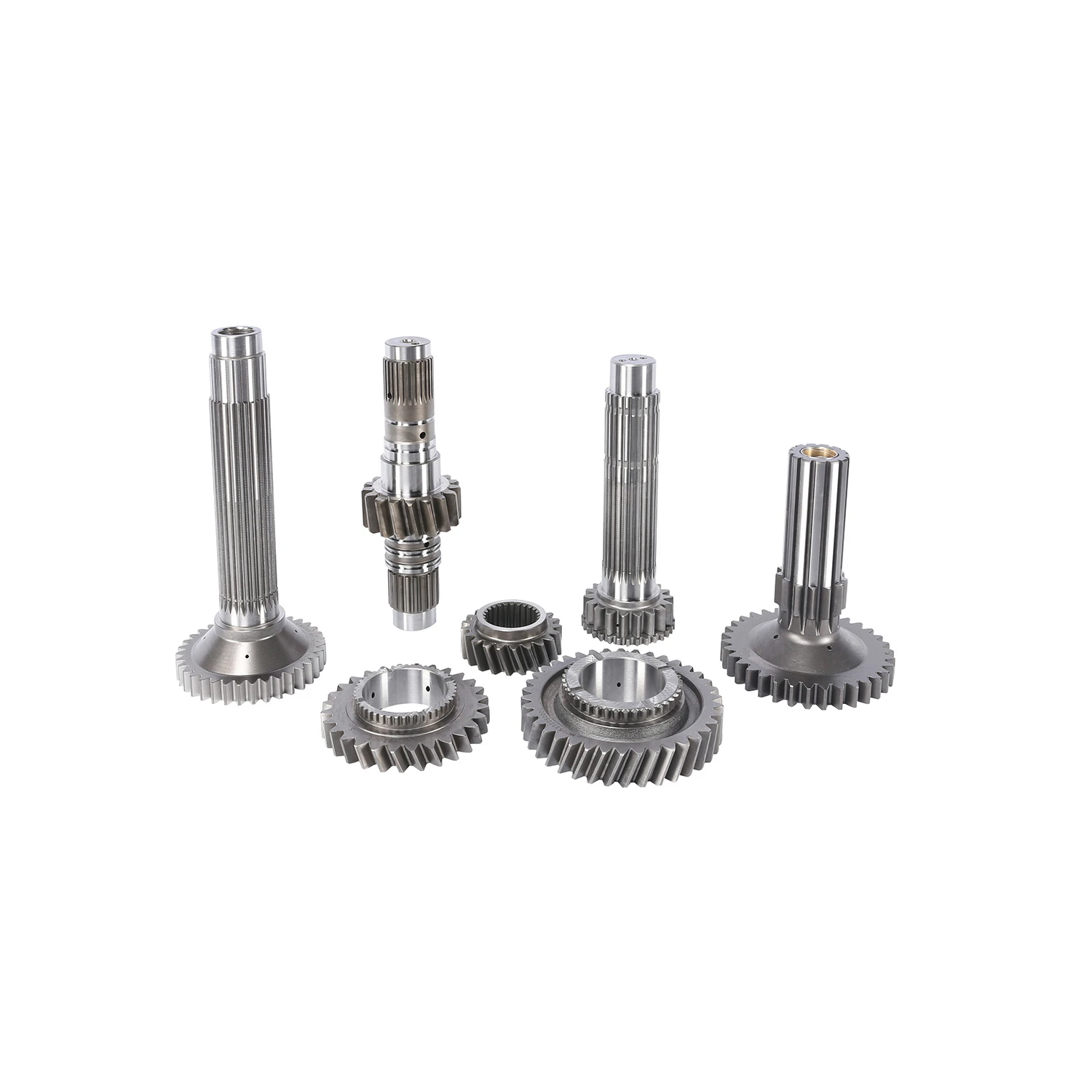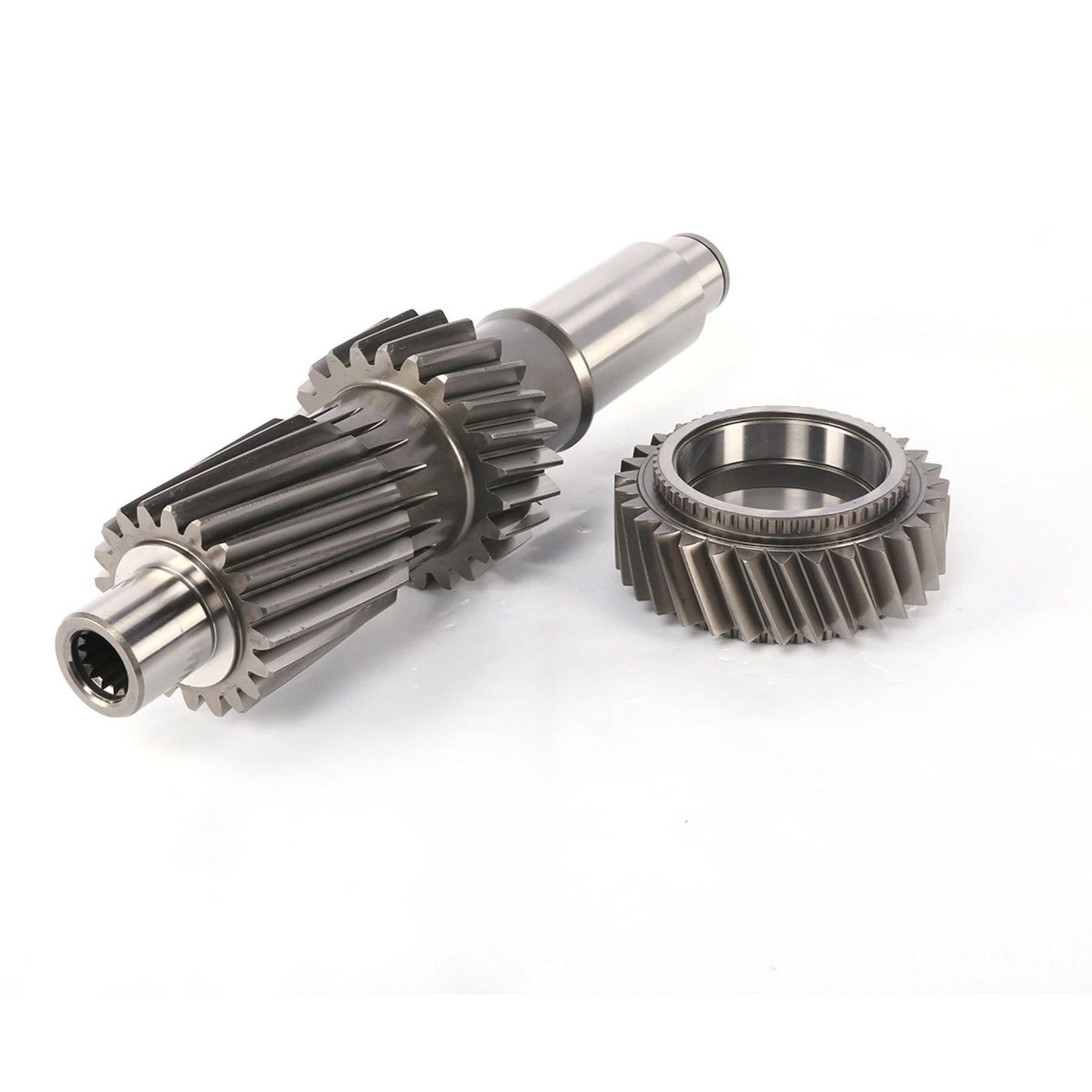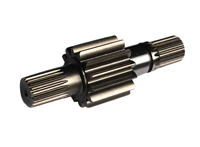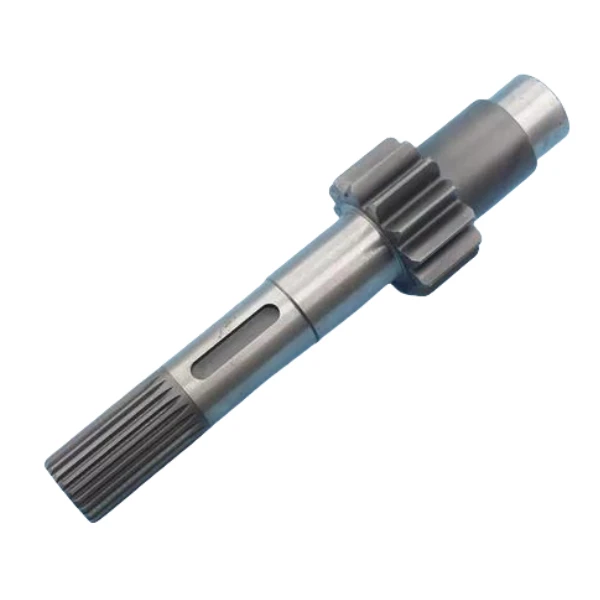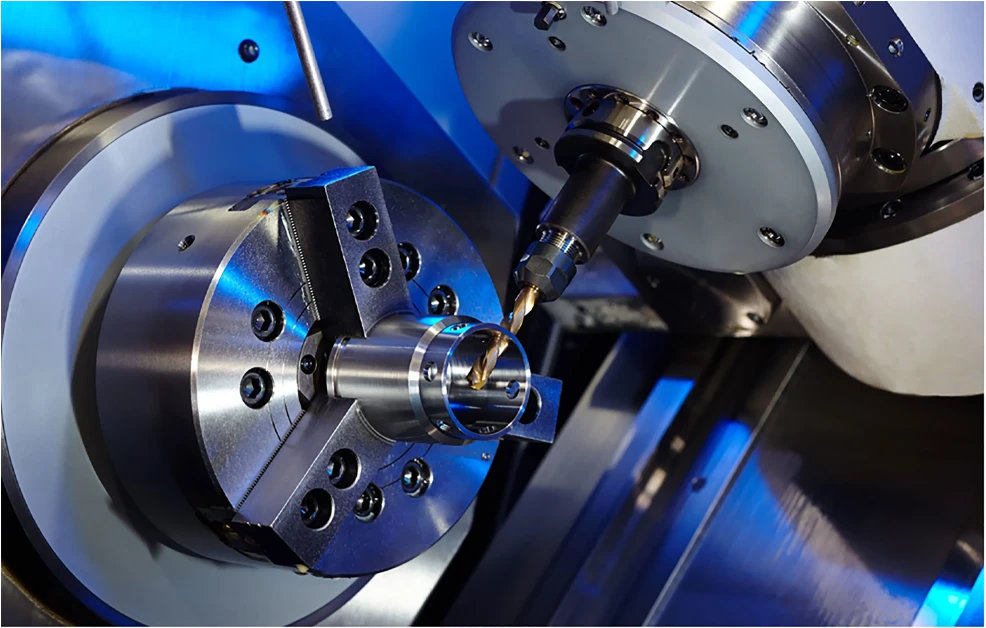Top Tractor Supplier & Manufacturer - Quality Farm Machinery
Navigating the Modern Landscape of Tractor Component Sourcing
In the rapidly evolving agricultural and industrial machinery sectors, selecting the right tractor supplier is paramount for ensuring operational efficiency, longevity, and overall return on investment. The demands on modern tractors — from increased power output and fuel efficiency to enhanced durability in harsh environments — necessitate components that are not only robust but also engineered with precision. This comprehensive guide delves into the critical aspects that B2B decision-makers and technical personnel must consider when evaluating potential partners for their machinery needs. We will explore industry trends, highlight key technical considerations, and demonstrate how advanced manufacturing processes contribute to superior product performance in the field.
The global agricultural machinery market is projected to reach significant figures, driven by factors like increasing demand for food, mechanization in developing economies, and advancements in smart farming technologies. This growth puts immense pressure on component manufacturers to innovate and deliver reliable solutions. A proficient tractor supplier not only provides parts but acts as a strategic partner, contributing to the ultimate success and competitive edge of original equipment manufacturers (OEMs) and large-scale agricultural enterprises. Understanding their capabilities, from material sourcing to post-sales support, is crucial for mitigating risks and optimizing supply chains.
Advanced Manufacturing Process: The Core of Quality Components
The journey of a high-performance tractor component, such as a Reversing Transmission Gearbox, begins long before assembly. It involves a meticulous manufacturing process that ensures material integrity, dimensional accuracy, and optimal functionality. For a leading tractor manufacturer, the choice of a component supplier hinges on their adherence to rigorous quality control throughout their production chain. This process often commences with the selection of premium alloy steels and ductile iron, chosen for their superior strength-to-weight ratio, wear resistance, and fatigue life under cyclic loading conditions typical of agricultural operations.
The manufacturing sequence typically involves several critical stages:
- Casting/Forging: Precision casting or hot forging forms the initial structural integrity of components like gear blanks and housing. This stage is critical for defining grain structure and eliminating internal defects, laying the foundation for durability.
- CNC Machining: State-of-the-art Computer Numerical Control (CNC) machining centers are employed for high-precision turning, milling, and grinding. This ensures micron-level accuracy for critical dimensions, bore alignments, and surface finishes, which are vital for smooth gear meshing and bearing longevity.
- Heat Treatment: Specialized heat treatment processes, including carburizing, nitriding, or induction hardening, are applied to enhance surface hardness, wear resistance, and core toughness, significantly extending the component's service life in demanding applications.
- Gear Cutting & Finishing: High-precision hobbing, shaping, and grinding techniques are used for gear tooth profiling. Post-treatment grinding ensures minimal run-out and optimal tooth contact patterns, reducing noise and improving efficiency.
- Assembly & Testing: Components are assembled in a clean-room environment. Each Reversing Transmission Gearbox undergoes rigorous testing, including load testing, noise vibration harshness (NVH) analysis, and oil leak detection, to validate performance against design specifications.
Throughout these stages, adherence to international inspection standards such as ISO 9001 for quality management and ANSI/AGMA for gear manufacturing is non-negotiable. These standards ensure that every component, including the Reversing Transmission Gearbox, meets stringent performance and safety criteria, offering typical service lives exceeding 10,000 operational hours.
Technical Specifications and Performance Metrics
When evaluating potential tractor suppliers, a deep dive into technical specifications and performance metrics is essential. For products like the Reversing Transmission Gearbox, key parameters include input/output torque ratings, speed ratios, efficiency, noise levels, and operational temperature ranges. These metrics directly impact the overall performance, fuel consumption, and durability of the agricultural machinery they power. Manufacturers often utilize advanced simulation software, such as Finite Element Analysis (FEA), to optimize designs for stress distribution and thermal management, ensuring components can withstand the rigorous demands of continuous operation.
The integration of advanced materials, such as high-grade alloy steels (e.g., 20CrMnTi, 42CrMo) with optimized heat treatments, significantly enhances the load-bearing capacity and wear resistance of critical components. For instance, a Reversing Transmission Gearbox designed for heavy-duty tractor applications will typically feature precision-ground helical gears for smoother operation and reduced noise, coupled with robust housing materials that offer superior vibration damping and corrosion resistance, particularly important in outdoor agricultural settings exposed to moisture and chemicals. Below is a representative table outlining typical specifications for a high-performance gearbox relevant to a modern tractor system.
| Parameter | Value/Range | Unit/Description |
|---|---|---|
| Max Input Torque | Up to 5000 | Nm |
| Speed Ratios | 1:1 (Direct Drive), 2:1, 3:1 | Forward/Reverse |
| Efficiency (Full Load) | >95% | At rated power |
| Operating Temperature | -20°C to +100°C | Ambient |
| Noise Level (Max) | Typically | dB(A) at 1 meter |
| Design Life | >10,000 | Hours of operation |
| Lubrication | Oil Splash/Pumped | SAE 80W-90 Gear Oil |
Beyond these base parameters, the ability of tractor suppliers to provide comprehensive testing reports, material certifications, and detailed CAD models is indicative of their commitment to transparency and quality assurance, crucial for seamless integration into complex machinery designs.
Application Scenarios and Strategic Advantages
The application range for components from a reliable tractor manufacturer extends beyond traditional agriculture. While core applications include powering agricultural tractors, harvesters, and specialized farm equipment, robust transmission systems also find use in construction machinery, mining vehicles, and even municipal service equipment. In these diverse sectors, the advantages offered by a well-engineered Reversing Transmission Gearbox are manifold.
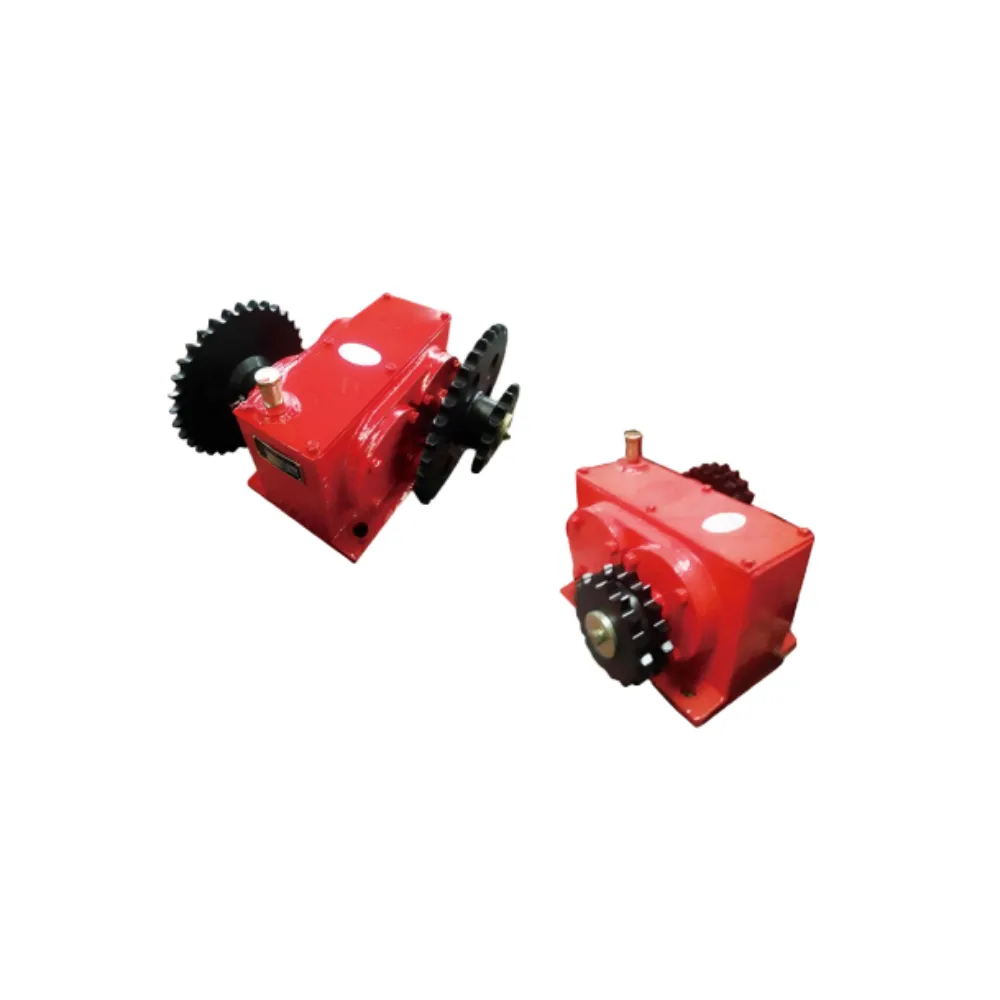
For instance, in the demanding petrochemical industry, where equipment operates continuously and often in hazardous environments, the corrosion resistance and explosion-proof ratings of components are critical. Similarly, in metallurgy, machinery faces extreme temperatures and heavy loads, requiring unparalleled robustness. For water supply and drainage systems, where reliability is key to preventing service disruptions, durable and low-maintenance components reduce operational expenditure. The Reversing Transmission Gearbox, designed with specific material coatings and sealing technologies, can offer superior defense against corrosive agents and ingress of fine particles, ensuring prolonged performance.
Beyond industry-specific benefits, core advantages universally sought from component suppliers include energy efficiency and reduced maintenance. A high-efficiency gearbox translates directly into lower fuel consumption for the end-user, contributing to significant operational savings and a reduced carbon footprint. Furthermore, components designed for extended service intervals and ease of maintenance minimize downtime, which is a critical factor for productivity in any large-scale operation. Companies evaluating tractor suppliers should prioritize partners who demonstrate a clear commitment to these efficiency and longevity parameters, often backed by real-world performance data and long-term warranties.
Customization and Manufacturer Comparison
The ability of tractor suppliers to offer customized solutions is a significant differentiator in today's market. While standard components meet many requirements, specialized applications often demand bespoke designs tailored to unique specifications, load profiles, or integration challenges. A flexible and experienced tractor manufacturer will have dedicated engineering teams capable of collaborative design, rapid prototyping, and iterative development processes. This includes adapting gear ratios, housing dimensions, input/output shaft configurations, and even specific material compositions to meet precise operational parameters or integrate seamlessly into existing machinery platforms.
When comparing various tractor suppliers, key criteria extend beyond just product specifications. Decision-makers should evaluate:
- R&D Capability: Assess their investment in research and development, including advanced simulation tools and testing facilities.
- Production Capacity & Lead Times: Understand their ability to scale production and meet delivery schedules, especially for large volume orders.
- Quality Certifications: Look for internationally recognized certifications (e.g., ISO 9001, IATF 16949 for automotive standards if applicable) that attest to their quality management systems.
- Global Reach & Support: Evaluate their logistical capabilities and post-sales support infrastructure for international clients.
- Customer Service & Responsiveness: Gauge their ability to provide technical assistance, troubleshooting, and spare parts efficiently.
A strong partnership with a tractor supplier that excels in these areas translates into reduced development cycles, improved product reliability, and enhanced market competitiveness for the purchasing OEM or enterprise. Case studies often highlight successful custom projects where a tailored Reversing Transmission Gearbox allowed a client to achieve specific performance benchmarks or overcome unique operational challenges, ultimately leading to significant market gains.
Ensuring Trustworthiness: FAQs, Warranty, and Support
Trustworthiness is a cornerstone of any long-term B2B relationship, especially with a tractor supplier where the components are critical to operational success. This is built not just on product quality but also on transparent communication, reliable support, and clear commitments. Understanding a supplier's policies on delivery, quality assurance, and after-sales service is as important as their technical prowess.
Frequently Asked Questions (FAQs)
Q1: What are the typical lead times for custom gearbox orders?
A1: Lead times for custom Reversing Transmission Gearboxes typically range from 8-12 weeks, depending on design complexity, material availability, and production queue. Standard products usually have shorter lead times of 4-6 weeks.
Q2: What is the warranty period for your Reversing Transmission Gearbox?
A2: We offer a standard 24-month warranty or 2000 operational hours, whichever comes first, against manufacturing defects and material failures under normal operating conditions. Extended warranty options are available upon discussion.
Q3: How do you ensure product quality and reliability?
A3: Our quality assurance framework includes multi-stage inspections, comprehensive material testing, in-process quality checks, and final performance testing in accordance with ISO 9001 standards. Every unit is traceable to its manufacturing batch and raw material origins.
Delivery and Quality Assurance
A reputable tractor supplier provides clear insights into their delivery schedules, logistics capabilities, and contingency plans. Our streamlined production process, combined with strong supply chain partnerships, allows us to maintain consistent lead times and adapt to dynamic market demands. All products are meticulously packed to prevent transit damage and are accompanied by comprehensive documentation, including material safety data sheets (MSDS) and certificates of conformity (CoC).
Customer Support and Service
Exceptional customer support is integral to our service. Our dedicated technical support team is available to assist with installation, troubleshooting, and maintenance inquiries. We also offer comprehensive training programs for client personnel to ensure optimal usage and longevity of our products. This holistic approach to client engagement underscores our commitment to being more than just a tractor supplier; we aim to be a long-term, trusted partner in your operational success.
References
- International Organization for Standardization. ISO 9001:2015 Quality management systems – Requirements.
- American National Standards Institute / American Gear Manufacturers Association. ANSI/AGMA 2000-A88: Gear Classification and Inspection Handbook.
- Journal of Agricultural Engineering Research. Advanced Transmission Systems for Enhanced Tractor Performance.
- Society of Automotive Engineers. SAE J1939: Recommended Practice for a Serial Control and Communications Vehicle Network.
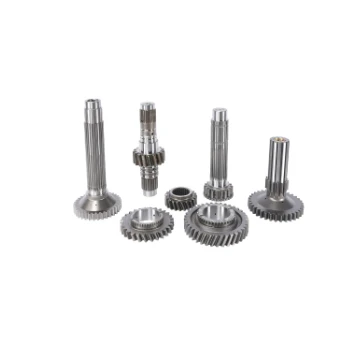
The agricultural and industrial machinery sector is experiencing remarkable growth, and at the heart of this expansion lies the trade and supply of tractors.
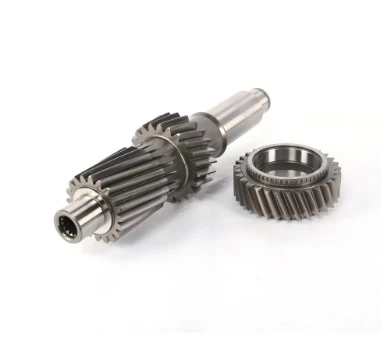
In the world of heavy - duty construction, the seamless operation of machinery is crucial for large - scale projects.
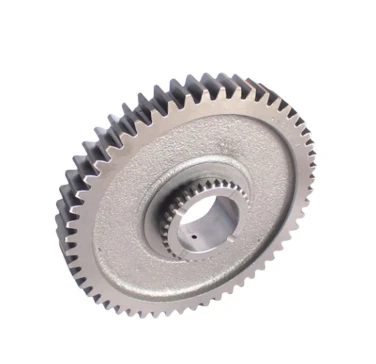
The world of tractors is vast and varied, catering to both practical agricultural needs and the passionate interests of collectors.
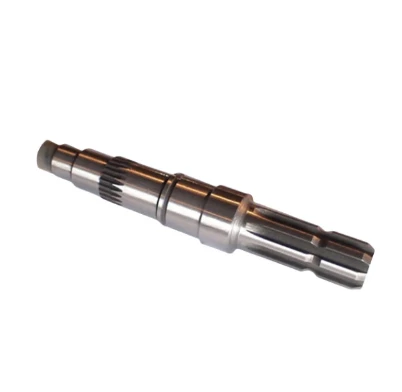
The agricultural and construction machinery landscape is constantly evolving, with tractors standing as essential workhorses for a variety of tasks.
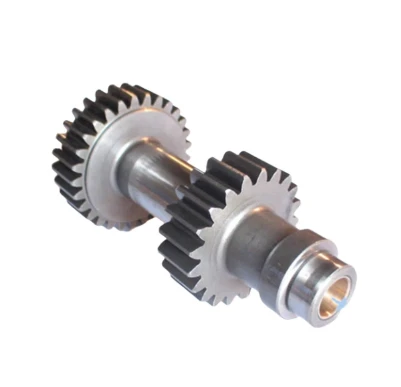
In the intricate world of mechanical engineering, gears are fundamental components that enable the seamless transfer and manipulation of power.
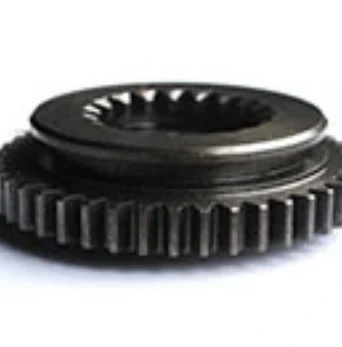
The market for tractors is a bustling hub, catering to a wide range of needs from large - scale farming operations to small - scale gardening projects.
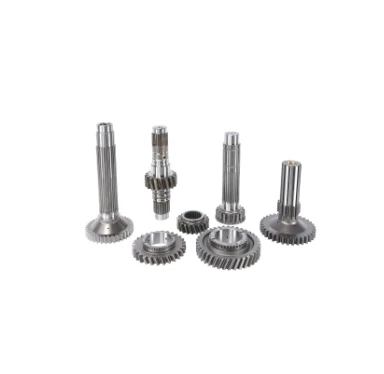
In the dynamic world of farming, machinery has become an essential part of efficient and productive operations.
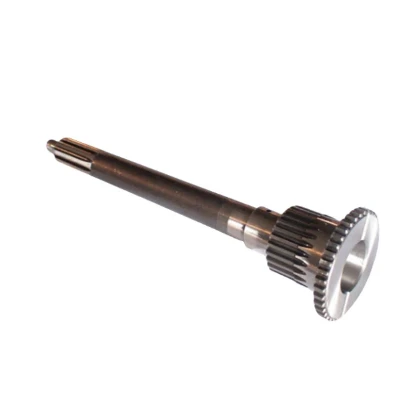
In the expansive realm of agriculture, various tools and machines play crucial roles in ensuring efficient crop production and overall farm management.
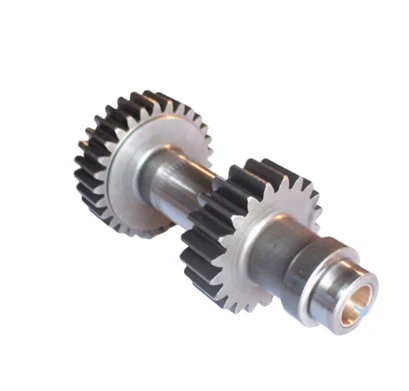
Tractors are essential workhorses in the agricultural and construction sectors, playing a pivotal role in a wide range of tasks.
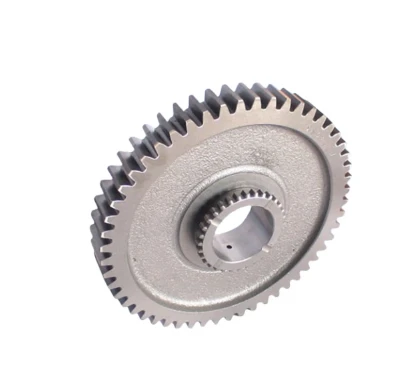
The agricultural and construction sectors rely heavily on tractors for their operations, and the entities involved in the production, distribution, and pricing of these machines shape the industry's trajectory.
International layout
Spread all over the world
our products are exported to various parts of the world. Currently, our products have been exported to more than 40 countries Our products cover Asia, Europe, Africa, South America, North America, and Oceania
Sign up
for Newsletter
Subscribe to the weekly newsletter for all the latest updates


